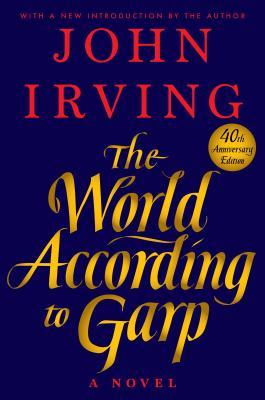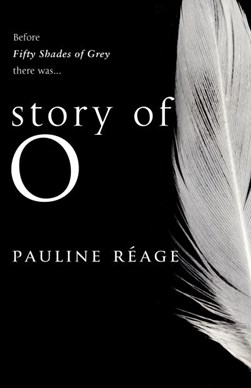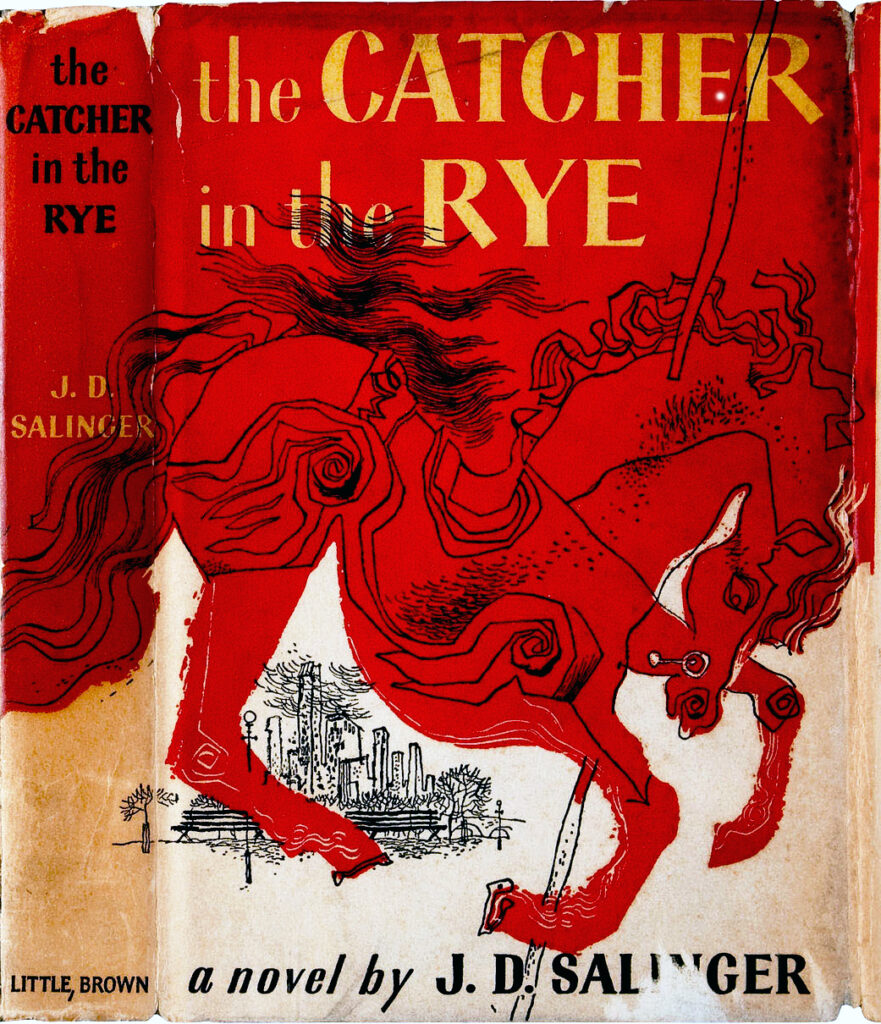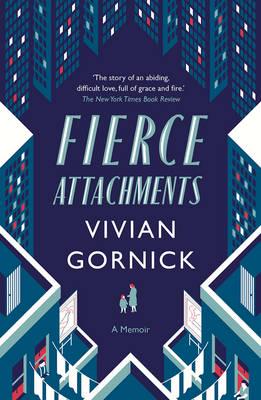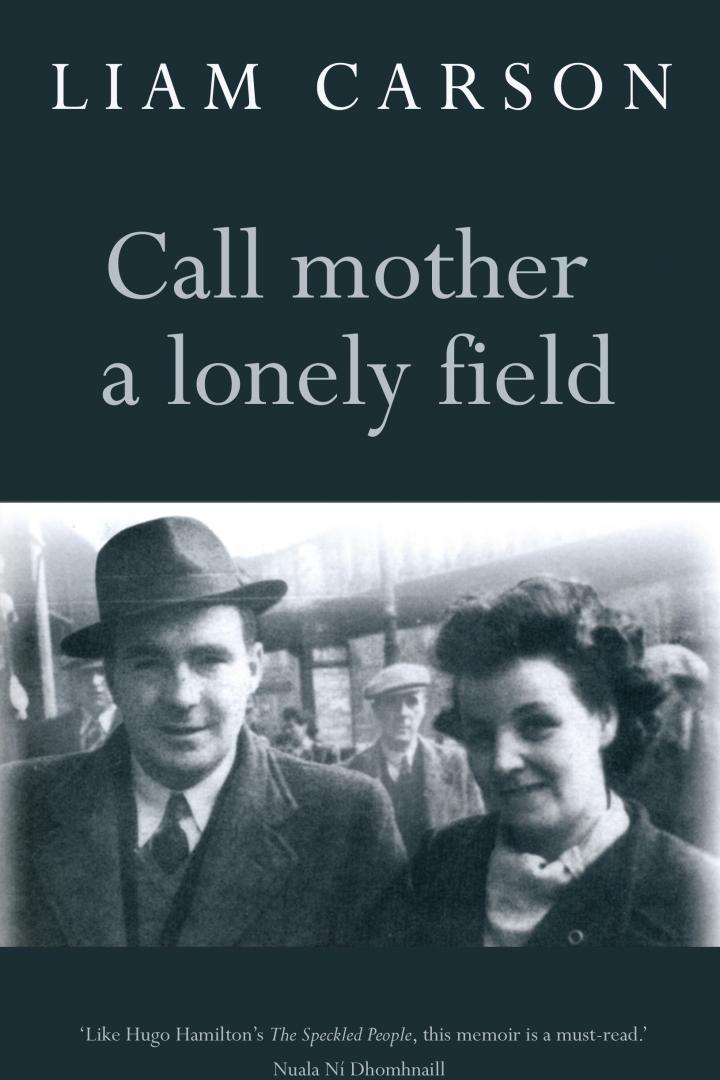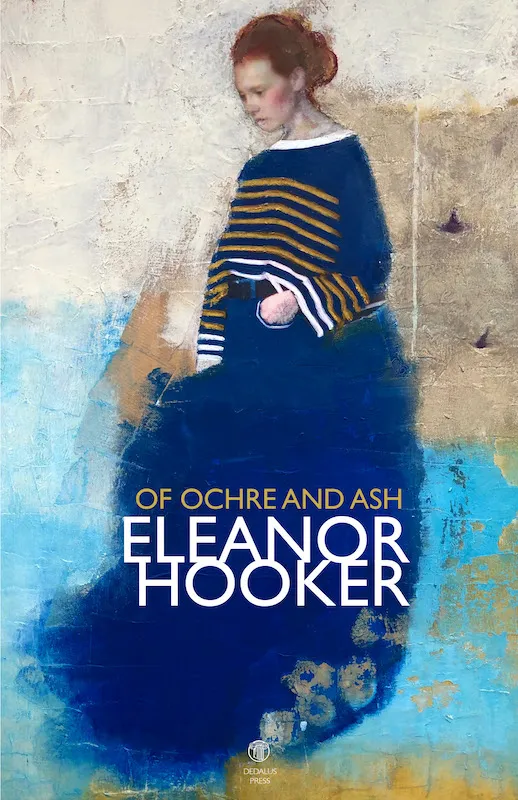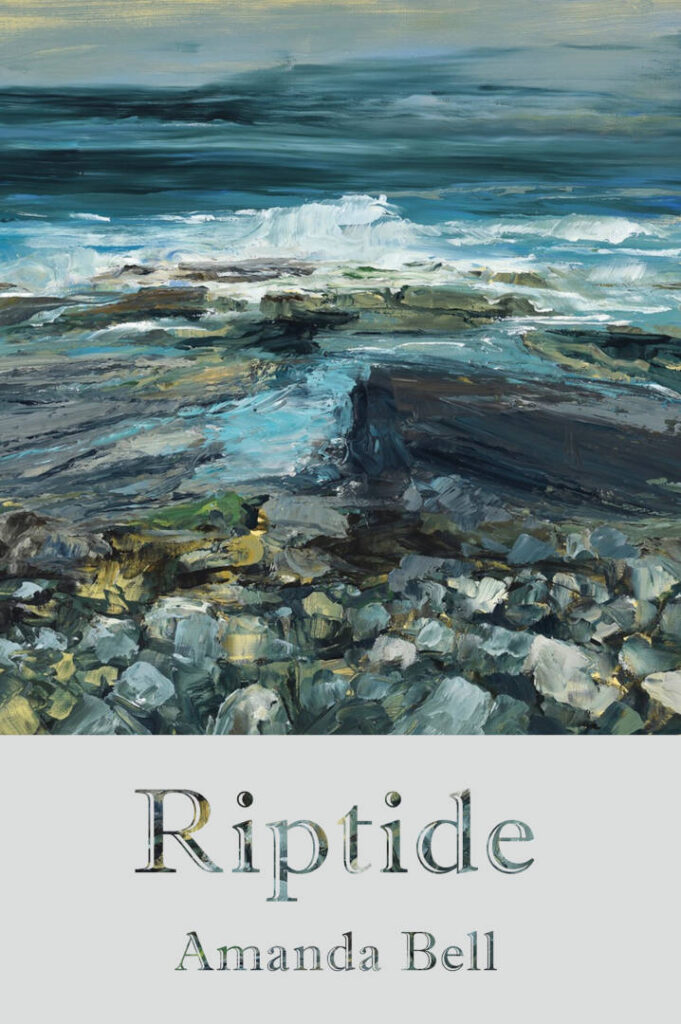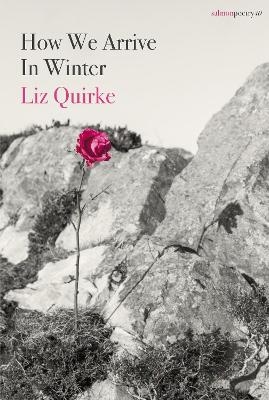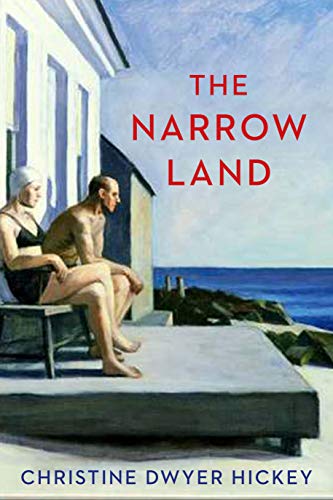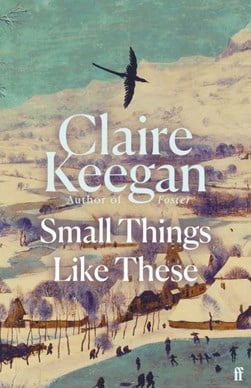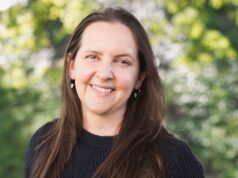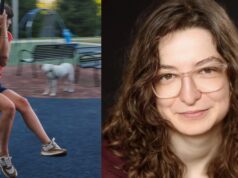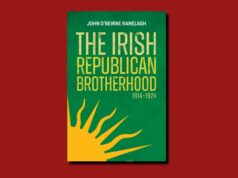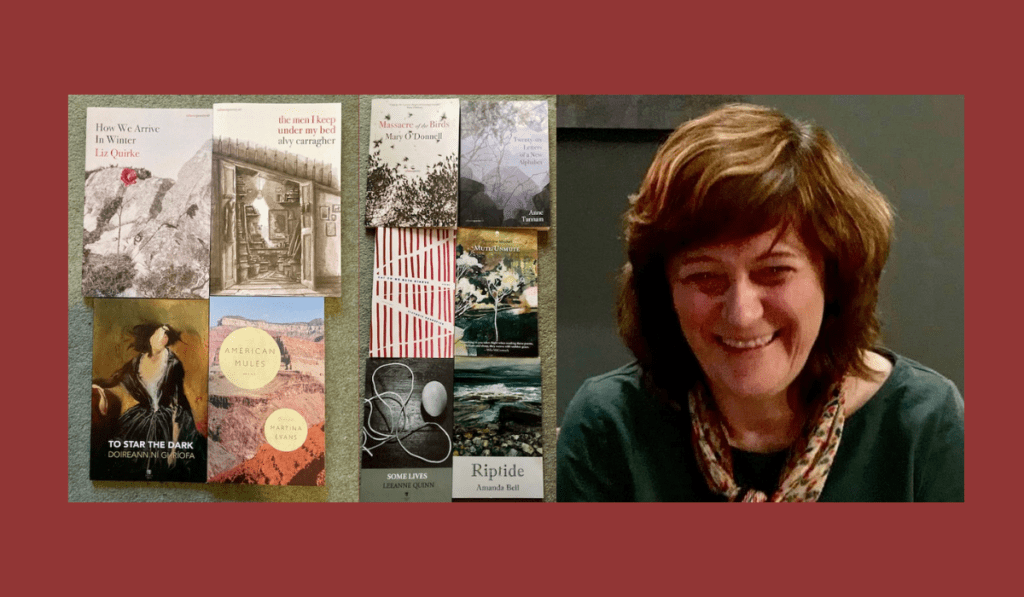
“Last summer I became a bit obsessed with reading. What should I be reading?”
—Poet Maeve O’Sullivan reflects on her reading history, habits and patterns, as she explores her haphazard and satisfying approach to books.
by Maeve O’Sullivan
One of my favourite anecdotes told by our late father Maurice was the one about an evening spent in their family home when he was a student.
There were eight boys and two girls, all living with their parents in a big house in County Dublin. On this particular night, he entered a quiet room with the intention of reading. His father John was already in there with his book, so Dad joined him. They spent a couple of hours in silence together, absorbed in their respective books. When he left the room, Grandad thanked him for his company. ‘But we weren’t talking’, said Dad. ‘Exactly’, answered my grandfather.
Our late mother Mairéad was a great reader too, but they were rather yin and yang in relation to their reading material, as they were in their personalities.
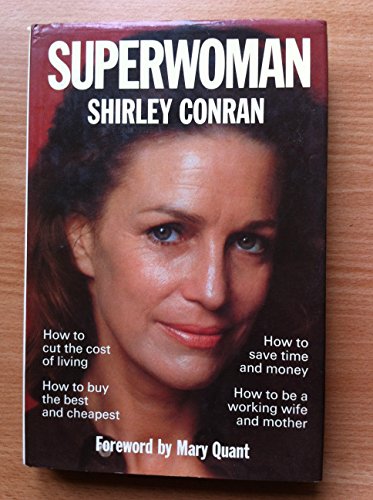
Dad loved reading thrillers whereas Mum went more for the human interest content found in popular fiction and memoirs. Although she was a great cook, and enjoyed the activity, one of her favourite quotes was Shirley Conran’s motto from her 1975 book, Superwoman: ‘Life is too short to stuff a mushroom’.
They were both avid daily readers of The Irish Times too. In fact, when I picture them wherever they might be now, they are often enjoying a heavenly pot of tea and fighting over that newspaper.
Devouring books
Our house was always full of books, mostly in English, with some in Irish, and gradually in other European tongues as we six siblings started studying languages and travelling. Whenever a word appeared in the media, a crossword clue or some other source that we didn’t understand, Dad would slap the nearest table with his right hand and make his pronouncement: ‘Oxford English Dictionary!’ Whoever was sitting closest to the bookshelf would get it down and educate us all!
As a teenager, I devoured many classic novels, on and off the school curriculum.
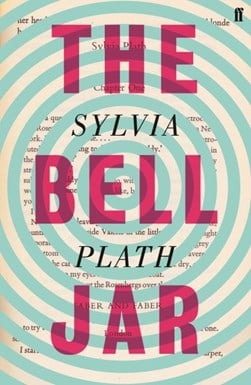
I have a clear memory of being in the attic one day, transcribing a 32-line Sylvia Plath poem that I found there, in an anthology belonging to one of my older sisters.
It was called ‘Face Lift’ – not one of her best-known poems – but I found it mesmerising nonetheless, from its conversational opening line: ‘You bring me good news from the clinic,’ to its last: ‘pink and smooth like a baby.’ And all of the darknesses in between.
Bad poetry
Like many others, I wrote some bad poems in my teens and tried to forget them. I wouldn’t return to writing poetry until my early thirties, but I never stopped reading.
While I was at college, there were books that everyone was reading and swapping, including Salinger’s Catcher in the Rye (of course), Irving’s The World According to Garp, The Bell Jar (Plath again) and the controversial and ‘scandalising’ Story of O by Pauline Réage (the pen-name of Anne Desclos), which was the ‘Forty Shades’ of its day, only much more hard-core.
The internet came onstream when I was in my thirties, but it was mostly dial-up then so didn’t impact reading activities for a while. That was the decade when I started reading more poetry, more short fiction and more journalism, habits that have continued to this day.
The attention economy
Reading has become much more complicated in this century. The attention economy has us exhausted and the silent book on the table often loses out to Facebook, YouTube, Netflix, or just sleep.
Sometimes the book is not presented on paper, but exists on a Kindle or in an audio file.
One of my friends in LA staves off frustration at the regular traffic jams by listening to audio books in her car. I use both platforms occasionally, but find myself gravitating back to words inked on paper.
Reading patterns
Last summer I became a bit obsessed with reading. What should I be reading? What did I have to read, for my teaching, grading or reviewing work? What were others saying that I should read and what did I really want to read, either to inform and support my own creative outputs or purely for leisure? Should I have a better balance between the canon and contemporary work? Was I a good reader or not, and what did that even mean anymore? I didn’t feel very confident in that regard, I kept thinking that I should be reading much more, or more widely, or differently.
I talked to a few writer friends about this, and discovered that their reading patterns and habits were just as haphazard as mine. I imagined everyone else to be much more organised as readers than I was so was very relieved to find out that this was not the case!
Haibun
While continuing to write and publish poetry and haiku in recent years, I’ve also been writing haibun, a hybrid prose and haiku form, and getting these published in various journals.
A different part of my writing brain has been activated, but one that I’ve had to separate from my journalistic writing brain, something that has proved much trickier than I anticipated!
Most of my haibun are memory-inspired, so I attended an excellent course in essay and memoir-writing with Rachel Andrews in the West Cork Literary Festival (online) last year.
Memoirs
Memoirs replaced novels in my reading for a year or so, the latest being the excellent Fierce Attachments by Vivian Gornick, which is simultaneously funny and heart-breaking and makes me want to revisit New York City. Next up is Liam Carson’s Call Mother a Lonely Field, which might do the same for Belfast!
Poetry
But poetry and haikai are still my staples; along with good journalism, which I both enjoy reading and need to read on account of teaching it in further education, a job I’ve enjoyed for twenty years.
I’m also in a philosophy book club where we read and discuss a chapter, or even part of a chapter, each time, and not a whole book. That requires a different type of reading, one that’s slower and maybe deeper. We’re currently reading a book about karma which has led to some interesting debates.
I have different shelves and piles of books in different parts of my apartment – I’m not alone in this habit, of course. My long-form poetry pile is the one I’ve moved through most quickly in the last year or two.
There has been an amazingly long run of extraordinary collections by Irish women poets in particular during that time, so I’ve enjoyed new collections by, among others, the late great Eavan Boland; Mary O’Donnell, Leeanne Quinn, Victoria Kennefick, Geraldine Mitchell and, more recently, Amanda Bell, Anne Tannam and Lorna Shaughnessy (disclaimer: a few of these are friends of mine but I don’t think that blinds me to the extent of their talent). Next up are the latest titles from Liz Quirke, Eleanor Hooker, Martina Evans, Alvy Carragher and Doireann Ní Gríofa.
I was hugely impressed by John FitzGerald’s debut collection The Time Being, which I reviewed for the October issue of the Dublin Review of Books, and I recently attended the launches of books by two of my Alba Publishing stable-mates, Seán O’Connor and Diarmuid Fitzgerald. I’m currently enjoying Fragmentation, O’Connor’s latest haibun collection and look forward to reading The Singing Hollow, Fitzgerald’s first collection of long-form poetry following two collections of haikai. David Butler’s acclaimed new book of poems, Liffey Sequence, is also winging its way towards me.
My haikai pile is also frequently accessed, and made up of various journals, anthologies and individual collections, too numerous to mention. And let’s not forget the many online poetry and haikai journals which form part of the demand on readers’ attention.
Fiction
In relation to fiction, I enjoy reading novels and short stories. I guess my taste runs more to what’s known as literary fiction, I don’t read much crime, historical or popular fiction.
I’m fairly slow at reading novels, and often find myself reading those which others have finished a couple of years before. The latest novel I enjoyed was The Narrow Land by Christine Dwyer-Hickey, a writer whose work I admire a lot. Ditto Claire Keegan, whose Small Things Like These is on my Santa list! I had the privilege of teaching her wonderful novella Foster a few years ago, and her short stories are sublime.
More time to read
Going through the various lockdowns of 2020-21 while working from home meant that I had some more time to read and write, using what time was left over from the busy online world of work and Zoomland.
Although I’m back commuting to the physical classroom in 2021-22 (at the time of writing at least), I’ve decided to go part-time in my teaching job this year, to spend more time on writing and related projects.
One of the main benefits of this is that I have more time and concentration for non work-related reading, even during term-time, and I’ve been finding this immensely gratifying.
This has started to influence my writing too, in ways which I’m only just starting to figure out. Although I still regularly reach for the remote, or the phone, or the pillow, when I could be reading, some confidence in these abilities has returned, so I’m starting to believe that, although perhaps not a brilliant reader, I may be a decent enough reader after all.
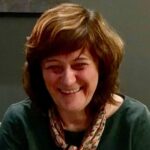
Maeve O’Sullivan’s poetry and haikai have been widely published, anthologised, awarded and translated.
She is the author of five collections from Alba Publishing, the latest being Wasp on the Prayer Flag (June 2021). Maeve is a founder member of the Hibernian Poetry Workshop, and is a member of the Irish Writers’ Centre, the British Haiku Society and the Pepperpots Haibun Workshop. She leads workshops and mentors individuals in haikai, and reviews for various journals. www.maeveosullivan.com
Both Elsewhere (2017) and Wasp on the Prayer Flag (2021) are available to buy in Books Upstairs in Dublin and Charlie Byrne’s in Galway, as well as from www.maeveosullivan.com. 30% of profits from Elsewhere go to Friends of the Earth Ireland (www.foe.ie) and 30% of profits from Wasp on the Prayer Flag go to Asral Mongolia (www.asralmongolia.org). Alba Publishing is at www.albapublishing.com







